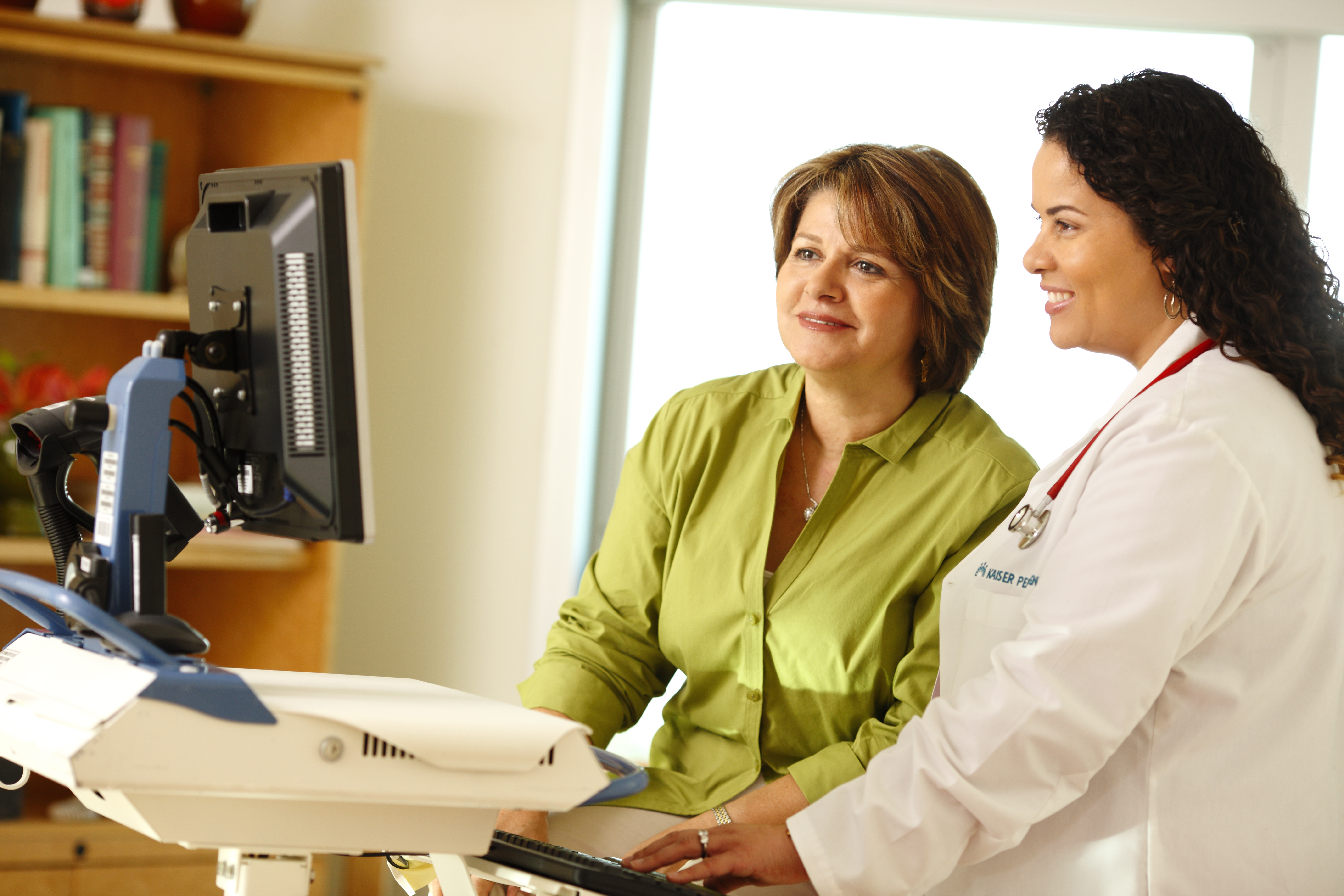Research in the News
DOR researchers are recognized internationally for their scientific expertise and have contributed more than 3,000 scientific papers about how to use health informatics, manage chronic illness, and motivate self-care and disease prevention.
Hypoglycemia Rising in Older People With Diabetes
Research found that older patients with diabetes are more likely than younger patients to have bouts of low blood sugar because of altered kidney function, multiple medical conditions and compromised functioning. More attention must be paid to these patients.
Chickenpox vaccine has led to 90 percent decline in cases and hospitalizations
The Kaiser Permanente Vaccine Study Center in Oakland, California studied the impact of introducing the chickenpox vaccine and found that cases of chickenpox have significantly dropped since the vaccine was introduced in 1995.
Kidney Function May Affect Risk for Kidney, Bladder Cancer
This study found that there is an association between less severe kidney disease and cancer and may indicate the need for screening. More studies are necessary.
Kaiser study looks to help blacks manage blood pressure
600 black patients at Kaiser Permanente’s Oakland Medical Center are enrolled in a study to reduce blood pressure. It’s working.
Pregnancy Weight has “Goldilocks Effect” on Baby’s Obesity Risk
A new study from TPMG's Division of Research, published in the American Journal of Obstetrics and Gynecology, found that women who gain too much or too little weight during pregnancy give birth to kids with an increased risk of childhood obesity.
Good Provider Communication Improves Adherence for Antidepressants Prescribed to Adults With Diabetes
Adult patients with diabetes who trust their provider and feel included in treatment decisions are more likely to take a newly prescribed antidepressant medication, according to our study published in the Journal of General Internal Medicine.
Adenoma Detection Rates Linked to Colorectal Cancer and Mortality
The study is the largest and the first in the United States to examine the relationship between detecting adenomas and the future risk of colorectal cancers.
Kaiser Permanente, UCSF Provide 55 Billion Bits of Genetic Data to Researchers
KP and UCSF provided genetic data on 78,000 individuals — including 55 billion bits of discrete genetic data — to researchers worldwide through a National Institutes of Health database.
Simple, At-Home Test Will Detect Most Colorectal Cancers
Our research showed that FIT Tests (fecal immunochemical tests) detect about 79 percent of colorectal cancers. FIT tests are much simpler than a colonoscopy. Patients only have to collect a single stool sample at home and then send it to a lab for analysis.









